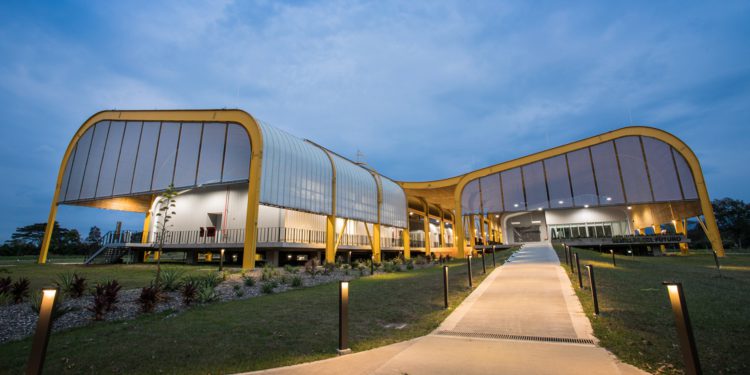Amazon founder Jeff Bezos has pledged US$17 million via his philanthropic vehicle Earth Fund for Future Seeds, a new genebank in Colombia.
It’s operated by the global partnership of food security organisations CGIAR, whose name comes from Consultative Group on International Agricultural Research.
“We are in a race against time to conserve crop biodiversity, which is the foundation of our food supply, and ultimately of humanity itself,” said Marco Ferroni, Chair of CGIAR’s System Board.
It is estimated that 75 percent of agricultural biodiversity has already been lost since the 20th century. Genebanks preserve plant biodiversity and equip crop breeders with genetic materials to adapt food crops to climate change
CGIAR’s network of 11 genebanks provides plant genetic material free of charge to researchers breeding new varieties of crops. The global catalogue is open source, patent-free and funded by governments, multilaterals and foundations.
Future Seeds will use big-data technologies
It helps researchers develop crops with better productivity and nutritional value, pest and disease resistance and climate resilience from floods, droughts, heatwaves and salty soil.
The Future Seeds collection includes more than 37,000 samples of beans from 114 countries, 6,000 cassava samples from 28 countries and 22,600 samples of tropical forages from 75 countries. Ranging from grasses to trees, forages are critical to smallholder livestock farmers across the globe.
Future Seeds will use big-data technologies to document the range of potentially useful traits in the current collection.
Drones and robotic rovers are helping analyse crop characteristics in the field more rapidly, artificial intelligence helps collectors identify biodiversity hotspots in nature.
Future Seeds replaces the original genebank of the Alliance of Bioversity International and the International Center for Tropical Agriculture (CIAT) in Palmira, Colombia, which has outgrown its capacity.























